Archives
Categories
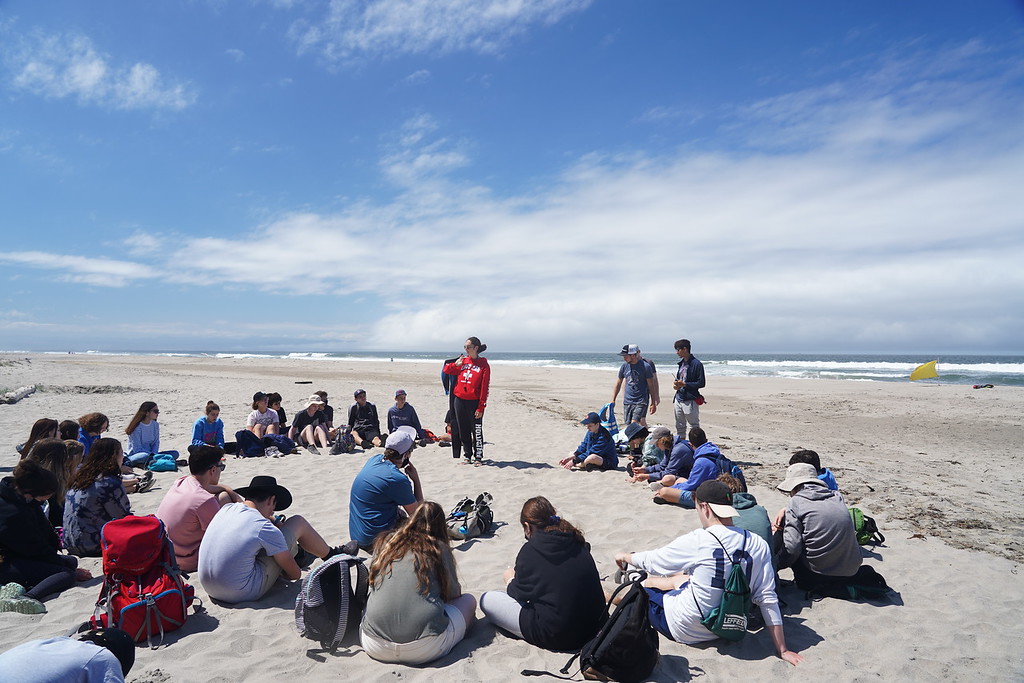
In the opening verses of the first book and reading of the Torah, Bereshit, we learn about the order of Creation. Along the way, we are told that God looks upon His works and sees that they were good. In Bereshit 1:12, it says:
“וַתּוֹצֵ֨א הָאָ֜רֶץ דֶּ֠שֶׁא עֵ֣שֶׂב מַזְרִ֤יעַ זֶ֙רַע֙ לְמִינֵ֔הוּ וְעֵ֧ץ עֹֽשֶׂה־פְּרִ֛י אֲשֶׁ֥ר זַרְעוֹ־ב֖וֹ לְמִינֵ֑הוּ וַיַּ֥רְא
אֱלֹהִ֖ים כִּי־טֽוֹב׃
The earth brought forth vegetation: seed-bearing plants of every kind, and trees of every kind bearing fruit with the seed in it. And God saw that this was good.”
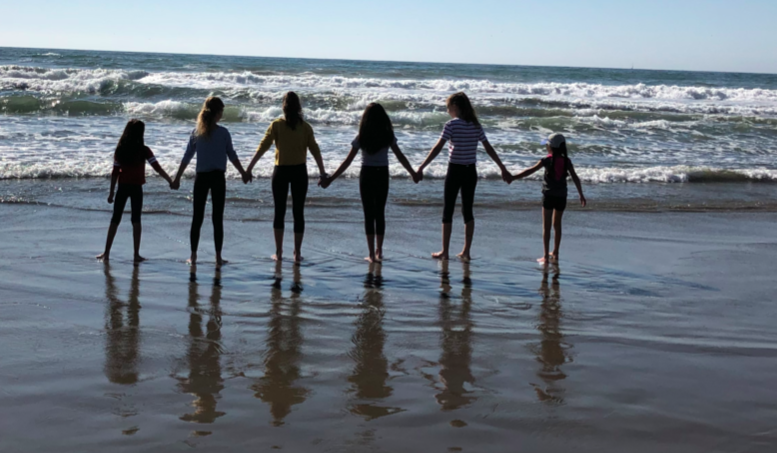
With a few weeks since the end of camp, I’ve had an opportunity to get some rest after a busy summer, settled back into my home and routine, reconnected with friends and family who I’ve missed while away at camp and begun to reflect on the summer we’ve just had. I think about all the memories we shared as a community, the friendships fostered, the lessons learned and the meaningful and transformative experiences we are each taking with us. The end of Kayitz 2021 marks a transition from summer into the school year for our chanichim (campers) and many of our tzevet (staff) members, from the reality of the last year into once again finding a new normal, and with the holiday of Rosh Hashanah right around the corner, from the outgoing year to the new year ahead. With a new beginning on the horizon, we pause to reflect and consider where we’ve come from and where we are going, as we open ourselves up to embracing what this year has to offer.


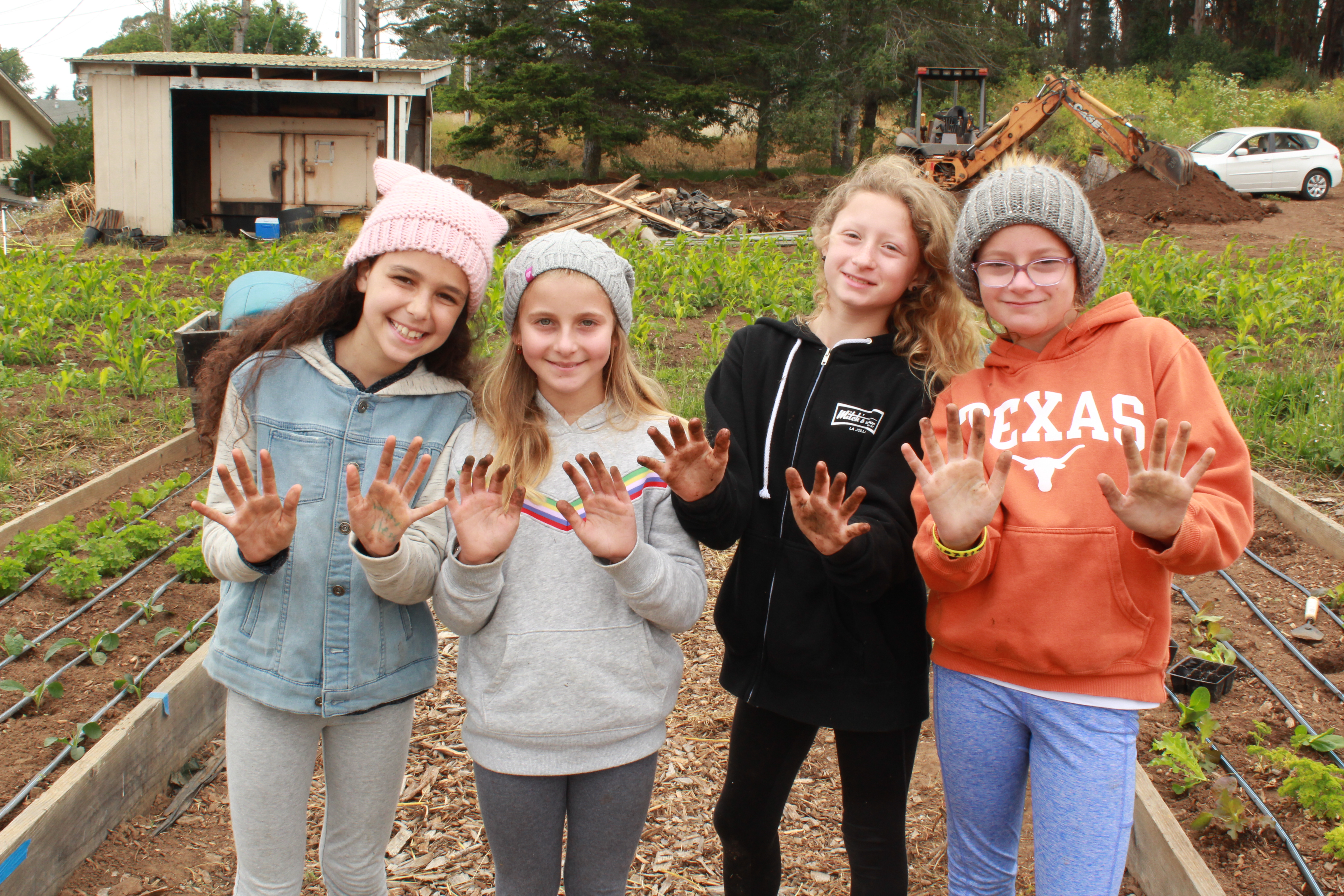


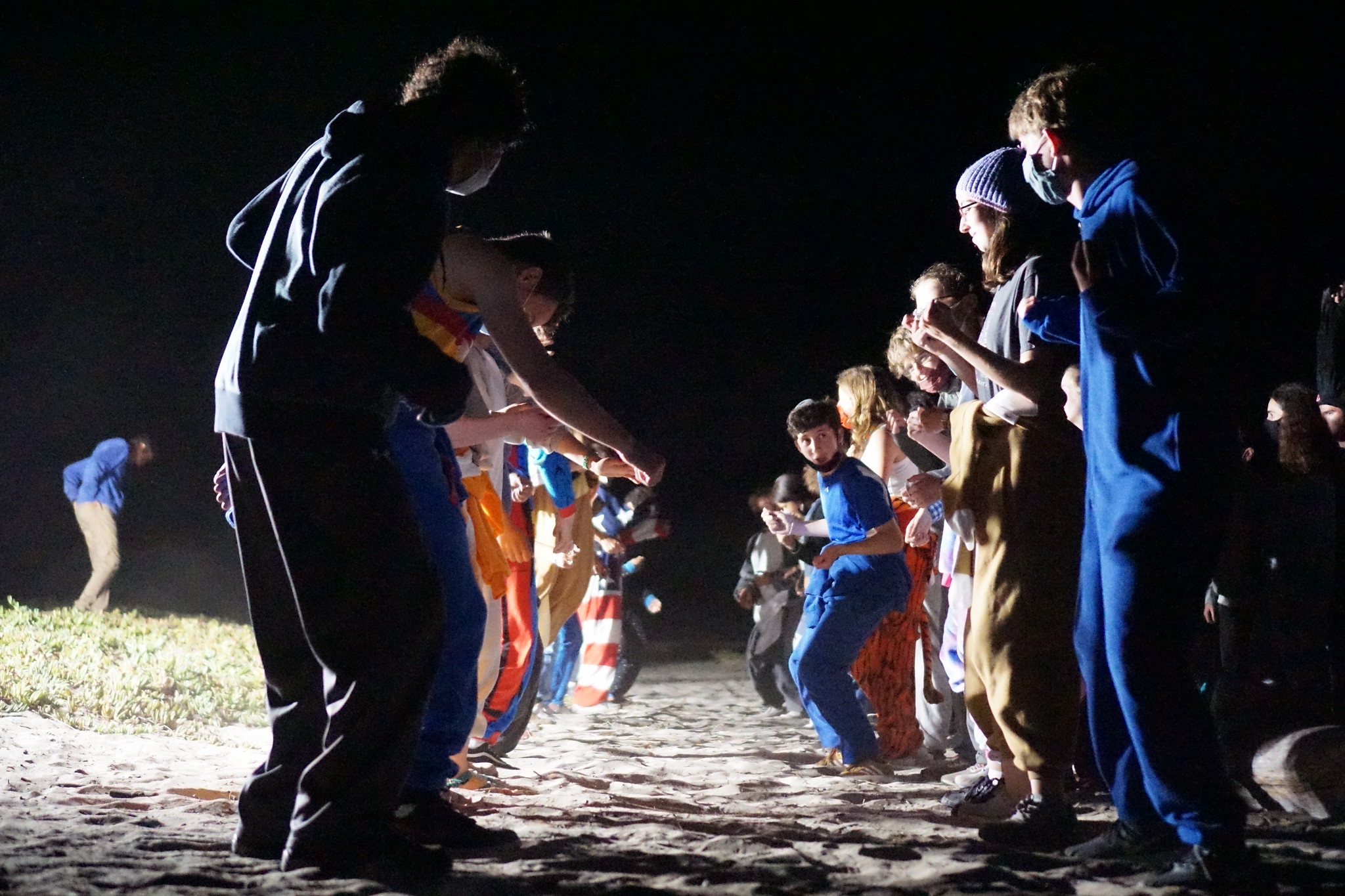
This week we chant and study the double portions of Matot (“Tribes”) and Mas’ei (“Journeys”) that conclude Sefer B’midbar, the Book of Numbers, the fourth of the five Books of Moses.
Matot focuses on vows and oaths, a battle against the Midianites, and the request of the tribes of Rueben and Gad to remain on the far eastern side of the Jordan where they can pasture their flocks.
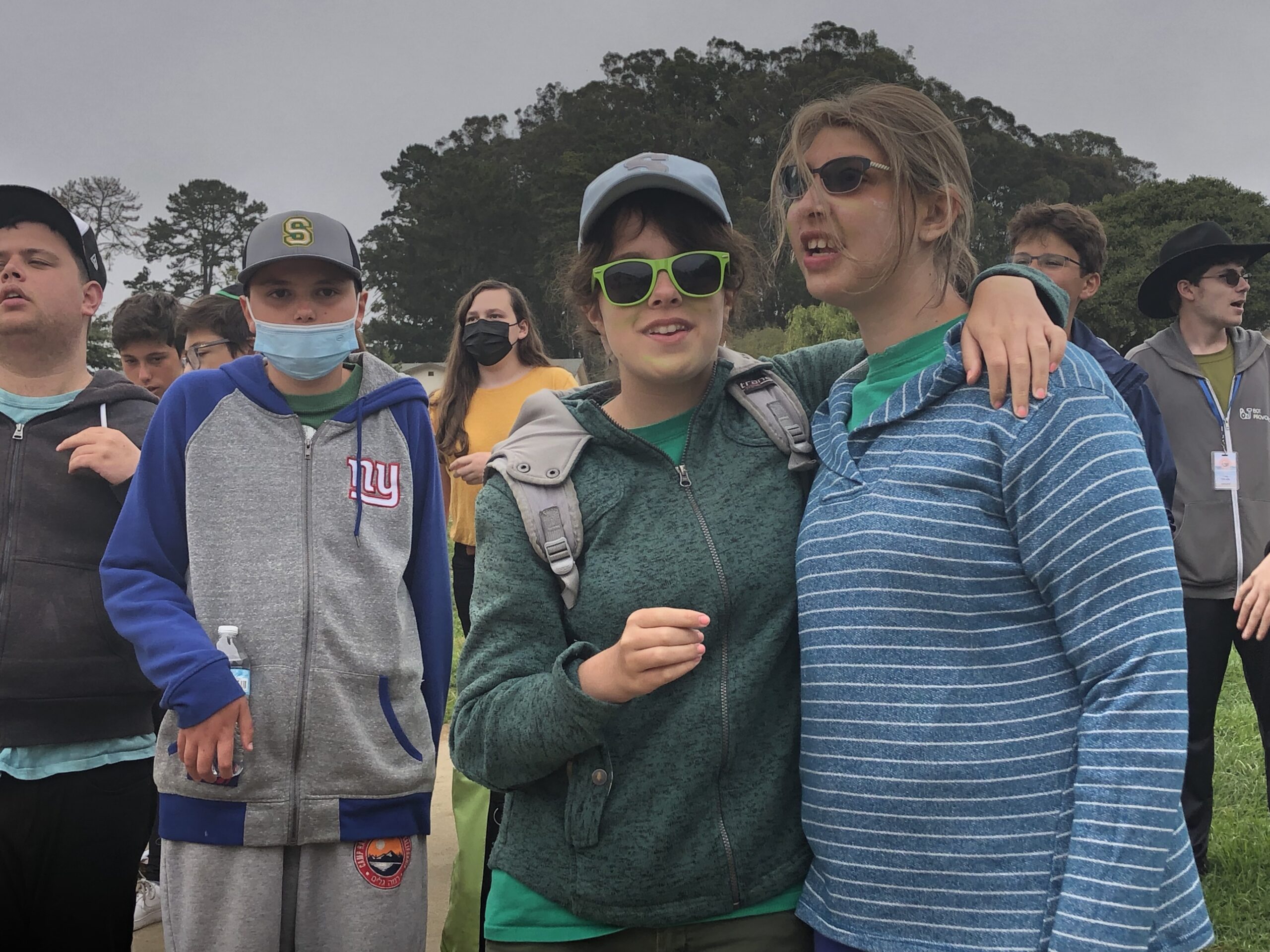
When the idea of including campers with disabilities in Ramah camp was proposed in the late 1960s, there was a great deal of pushback. Fortunately, we have come a long way since the first Ramah camp began including people with disabilities through its Tikvah Program in 1970. Following in this Ramah tradition, Ramah Galim was founded with inclusion as a core value with Tikvah as part of our camp from the beginning — and we get more inclusive each summer.
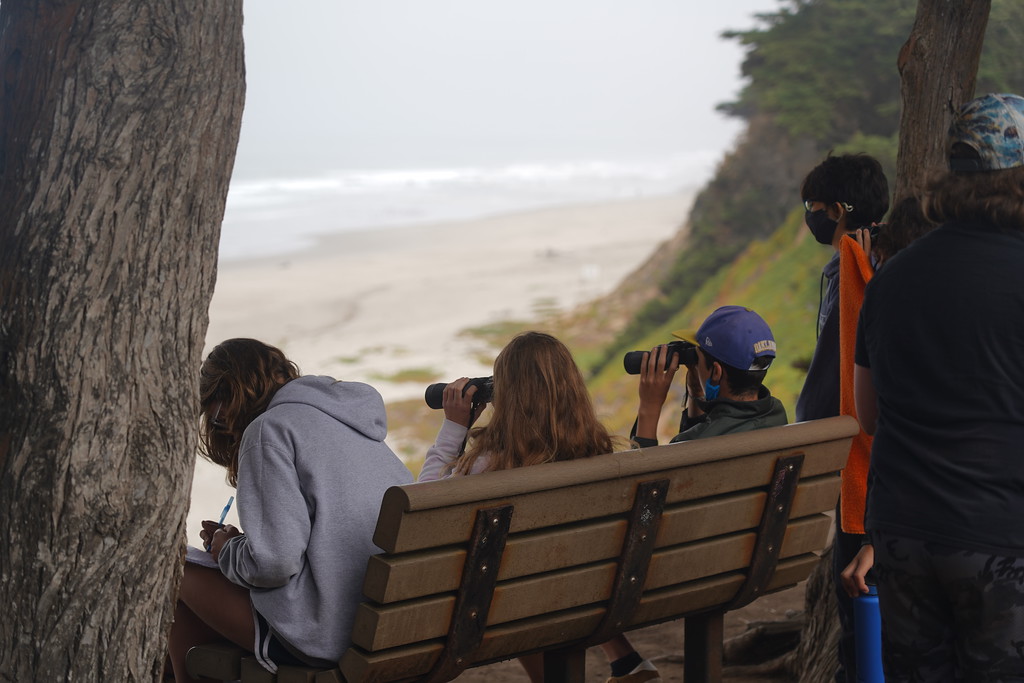
There is a peculiar verse toward the beginning of this week’s Torah portion, Pinhas. The portion begins with the aftermath of the zealous act of Pinhas, Aaron’s grandson, who violently intervenes to stop the people’s idolatrous apostasy at Baal Pe’or, ending the accompanying plague. Pinhas is granted a covenant of peace in response to his actions, and the people are commanded to “assail the Midianites” in retaliation.
We then get our curious half verse: “When the plague was over…God said to Moses and to Eleazar son of Aaron the priest, “Take a census of the whole Israelite community” (Numbers 25:19-26:2). The ellipsis here represents that the verse abruptly ends there; there is even a paragraph break in the text of the Torah before resuming with the new topic of the census of the people.
Critical Bible scholars suggest that perhaps this is an indication that the census and what follows was inserted here into the Torah, which would have otherwise continued with the story of the war with Midian, which we finally do read in chapter 31.
But this year, and after my wonderful time at Ramah Galim last week, I am more interested in the spiritual implications of the Torah inserting a pause “when the plague was over.” Perhaps the Torah is telling us that after experiencing the disruption, devastation, and loss of a plague (something that once happened every decade and not every century), we cannot simply move on. We need time to take stock, to reflect on lessons learned, before we simply move on to the next thing.
As I immersed myself for the first time in the Ramah Galim community last week, this is precisely what I saw. On that first morning, I led tefilot (prayers) for Solelim (the rising 6th and 7th graders) and I asked the chanichim (campers) to share something they were grateful for as we sang Modeh Ani. One offered: “I’m grateful to be at camp.”